One of the things that I have always wondered about is this: why do people purchase copies of Yahtzee? It consists of five standard six-sided dice and a scoresheet. Nothing more. Standard dice are cheap and there are literally hundreds of places on the interwebs where you can go to download a scoresheet. But this game never seems to go away.
First marketed in 1956 and based on games like Generala, Poker Dice, Yacht, at Yatzy, this is a game that has had an influence on game development for decades. It keeps evolving, but is it a survivor or is it on its last legs?
In our Back in the Day articles revisiting classic experiences, we won’t discuss how to play these games…they are old, and if you want to learn how to play, feel free to search the ‘net for answers. We’ll instead focus on what still works, and what doesn’t, while making a recommendation on whether you need to dig this one out of your attic or not!
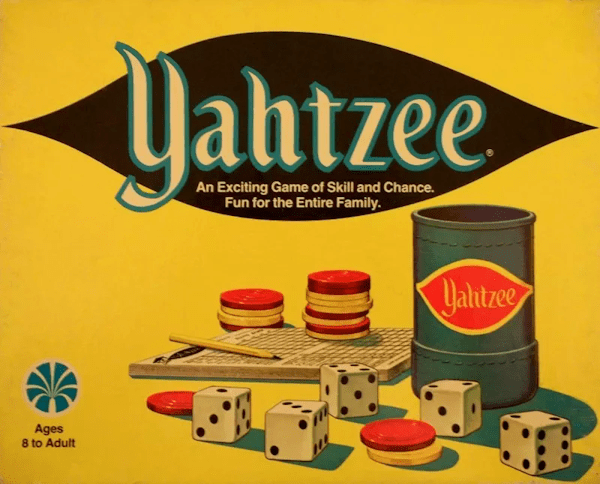
Variations on a Theme
At its core, Yahtzee is very simple. You roll dice. You get two chances to re-roll any of those dice as desired. After you stop rolling, you need to figure out where those dice are going to be used. Get lucky, and you can get bonuses in the top section, score a Yahtzee (five-of-a-kind), or even more than one.
Milton Bradley (and later Hasbro) realized they had a winning formula with this game. It was not long before they dove into variations on the theme: play three games at once (Triple Yahtzee); market it with other franchises (Pirates of the Caribbean, Dragon Ball Z, Star Wars); get into the word-game market (Word Yahtzee); and so on and so on, ad astra. BoardGameGeek lists 31 games in the Yahtzee family. But this seriously undersells the influence of the game. There are far, far more games that (technically speaking) could be said to be in the Yahtzee family. This is because of the one mechanic that defines the game and has been copied a thousand times over: the three chances rule.
Roll all the dice. Decide how many dice you want to re-roll (if any). Re-roll zero to all the dice. Decide how many dice you want to re-roll (if any). Re-roll zero to all the dice.
Take this out, and you have eliminated two-thirds of the decision space in the game. This is the game. As indicated above, this has been borrowed for myriad other games, including: 600, Bang! The Dice Game, Catan Dice, King of Tokyo, That’s So Clever, and more. I highly recommend Dice Games Properly Explained by Dr. Reiner Knizia; there are a slew of others in the Yahtzee mold included within.
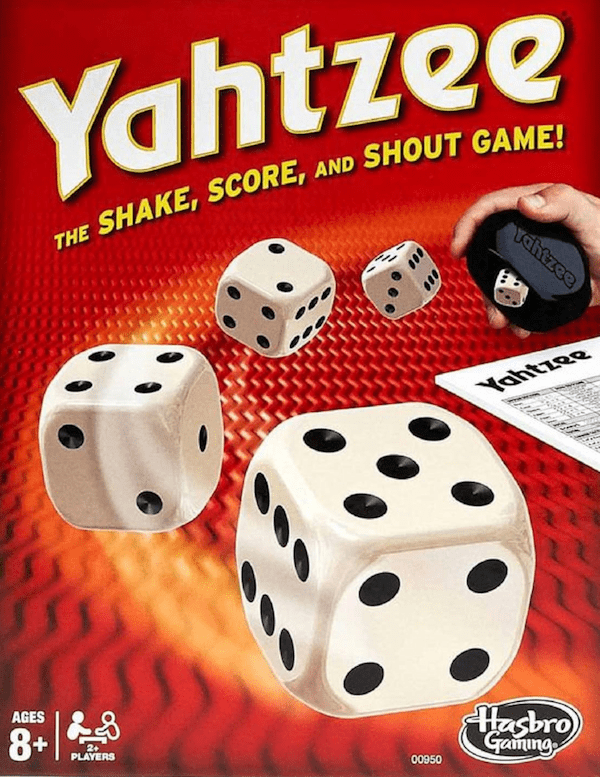
Yahtzee: What Works
There are three things that make Yahtzee a passable choice, depending upon the group you are with:
- It is easy to explain – this game is easy enough for young children to understand and play; it is easy (and familiar) enough for even your oldest relative to participate.
- It plays quickly – there are thirteen scoring areas in the standard game. Each player will be taking exactly thirteen turns. Those turns will consist of one-to-three rolls and filling in a score. Turns go quickly. That said, if you have too many players and not enough dice to go around, then waiting for your turn can seem like it takes forever.
- The three chances rule—this simple rule is not only a bit of fun and helps to mitigate the luck, it can create a decent illusion of tactical choice. Often when the dice go their way, players will speak of strategy; when the dice do not go their way, players will speak of bad luck.
As a brief game by yourself or with a friend or two, Yahtzee can pass the time.
Yahtzee: What Doesn’t Work
Pretty much everything else. Due to the lack of control (other than the three chances rule), this is less a game and more an activity. The nature of Yahtzee is such that it will always be a solo game no matter how many players you have. Nothing you do impacts anyone else; nothing they do impacts you.
Many of the games I have listed above (especially King of Tokyo and That’s So Clever) have taken the Yahtzee formula and have improved upon it in fundamental ways. Everything from adding in agency with additional decision space, to adding in interactivity between the players. Yahtzee might include a kernel of brilliance, but it is the many, many games that have come since that have used it to good effect.
Yea or Nay?
Mostly Nay. If you want to play Yahtzee, go ahead. But do not go out and spend money on this game. Just grab some dice and a piece of paper. If you want to play an improved version of Yahtzee, there are many options available to you and I highly recommend you find one that works for you.
The Back in the Day Series:

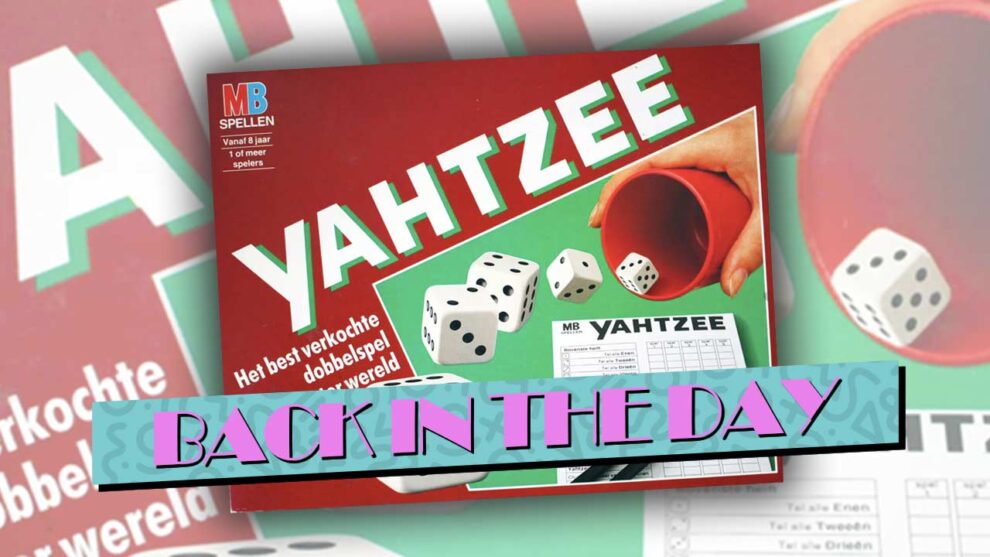




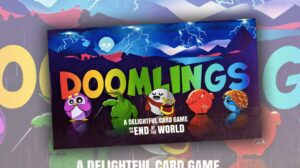
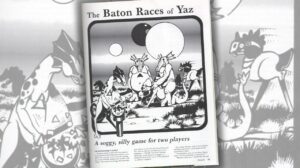
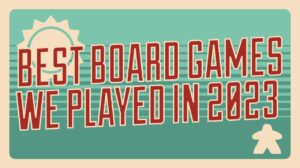




Add Comment